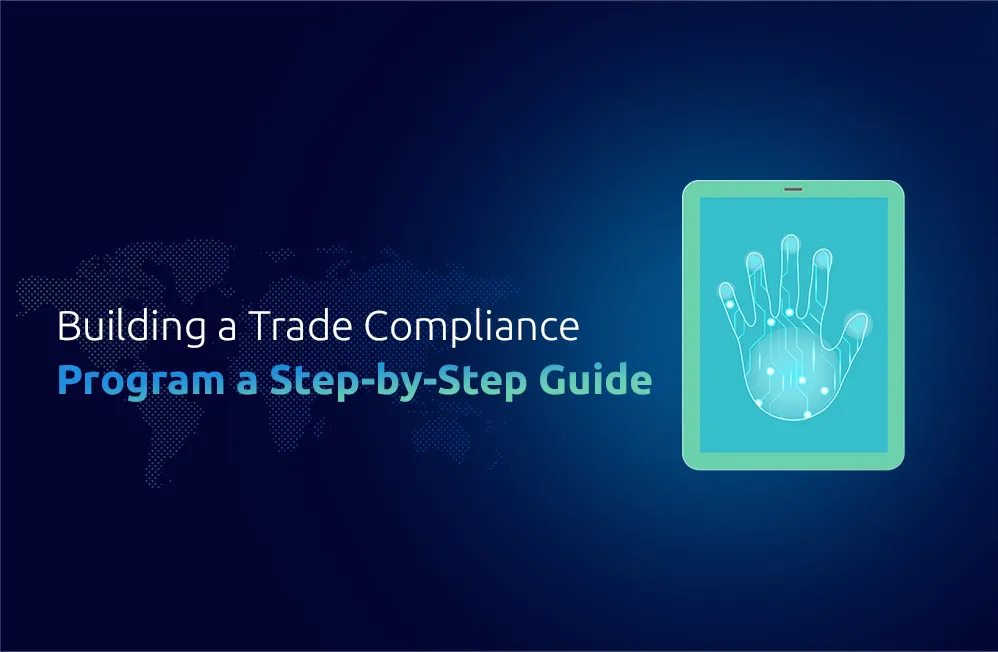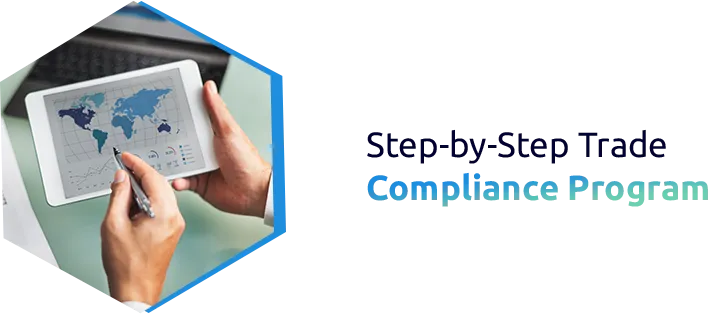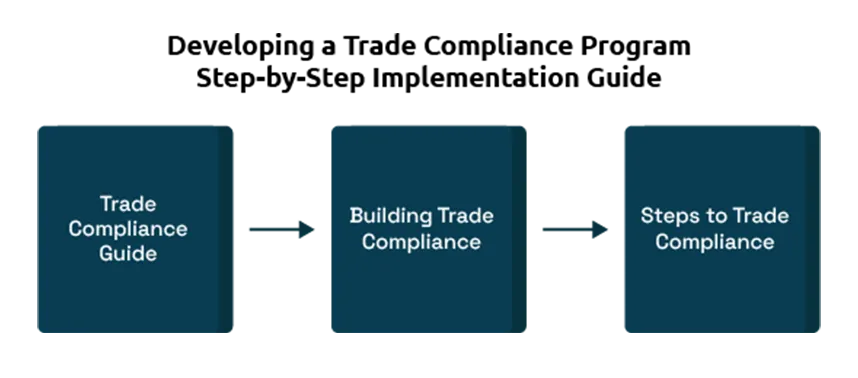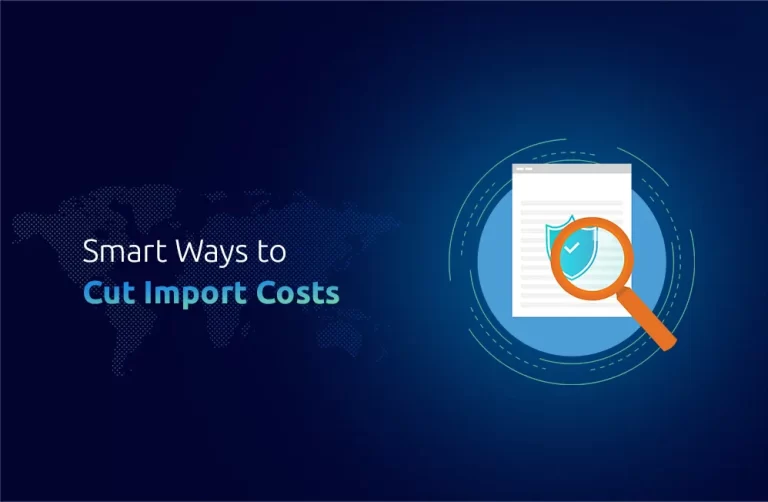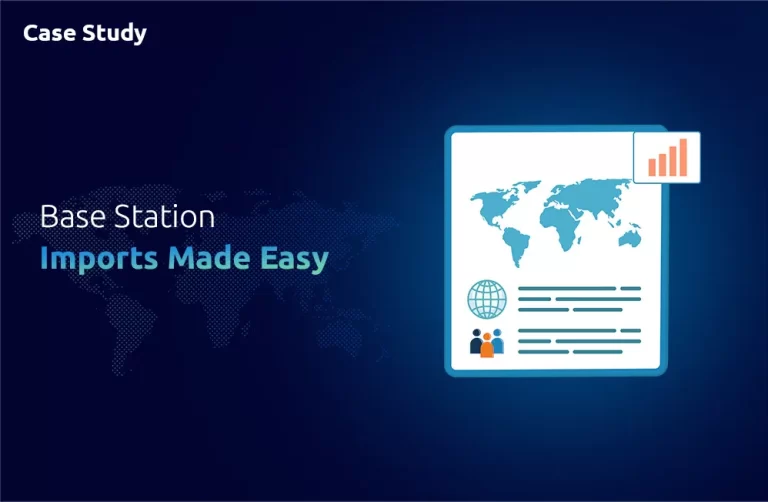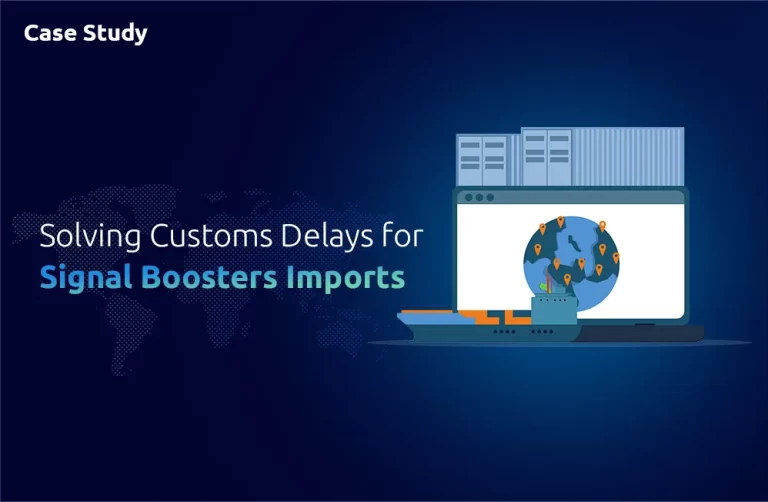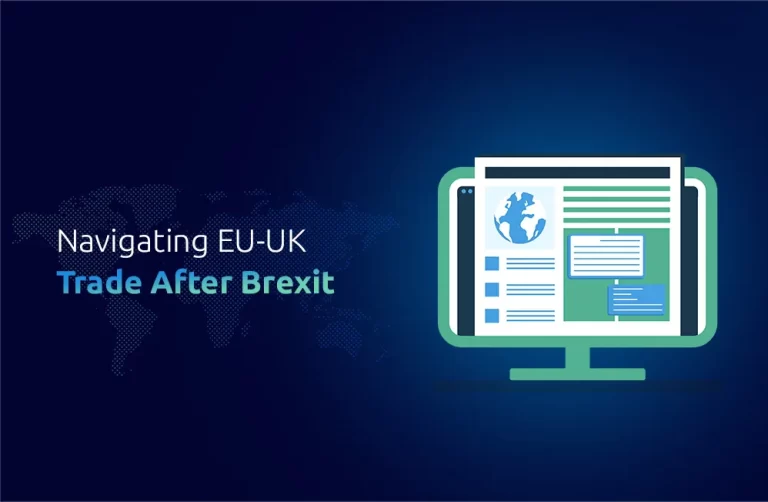Insight
Compliance with the regulatory requirements has never been more vital in today’s ever-competitive international market. A sound trade compliance program ensures that the company complies with all legal requirements & regulations during the import & export operations. A trade compliance program is essential to ensuring penalties, retention issues, & enforcement standards that could be avoided. This post gives a guide featuring a step-by-step process of formulating an effective trade compliance plan founded on the industry’s practices and international benchmarks.
What is Trade Compliance?
Trade compliance covers the actions that ensure goods are transported properly according to set international rules. Government agencies often determine these rules by examining customs duties, export controls, tariffs, and trade sanctions. It is very important for businesses dealing in global trade to follow these regulations to prevent pricey fines, difficulties with penalties, and interruptions in their supply chain. A complete trade compliance program guides companies through the challenges of following trade laws and helps them avoid major risks.
Understand the guidelines that influence operations.
The first phase of creating a trade compliance program is to familiarize yourself with the regulations governing your business internationally. Different nations set out certain standards for import/export, and you are required to learn these guidelines. This environment might consist of international agreements and various national laws and guidelines from each industry. For example, governments can raise taxes on imported goods, decide what to export, or apply performance and sanctions on products or places. Businesses should know relevant laws and ensure their operations stay within them. It is important to check with the WTO, CBP, or EU to understand the rules your business is subject to.
Appoint a Trade Compliance Officer
A key part of establishing a trade compliance program is choosing a trade compliance officer (TCO) or group of officers. The individual or the group monitors the compliance program’s implementation process, ensuring the company follows trade laws & monitors how well the efforts are working. The TCO should know all the specific regulations concerning your company’s global trade activities. Since the role’s responsibilities can vary, you may need to train in trade law, logistics, and regulations depending on your business’s needs. A professional TCO guarantees your business is compliant by tracking updates in the rules, ensuring processes meet international standards, and helping employees get necessary training.
Conduct a Risk Assessment
Performing a risk assessment early in the program planning process is necessary because it creates a strong compliance system. During a risk assessment, you’ll check for the most exposed aspects of your company, such as instances of trade violations. A risk assessment may include checks on business activities, how trade is conducted, and the company’s record of complying with requirements. The approach can detect issues with trade regulations, such as improper tax payments, incorrect classifications of goods, and failure to comply with export controls. The results of a good risk assessment guide you to where your business should focus its efforts. Also, it allows for controlling risks by updating internal controls, redesigning company practices in documentation, or instructing employees who take part in international trade.
Develop Standard Operating Procedures (SOPs)
When risks have been found, the process moves on to setting up SOPs that describe your trade compliance actions. These procedures must deal with all international trade matters such as import/export documents, product grouping, handling customs, tariff collection, and recordkeeping. The procedures in your SOPs need to match your business processes. A company that deals with importing aviation equipment may have standard operating procedures that require double-checking each aviation part and material for compliance. The procedures need to tell everyone their jobs, describe how operations should work, and offer instructions for addressing goods or shipments that do not meet standards. Using well-recorded SOPs helps keep work surfaces clean and ensures compliance is always met.
Implement Training Programs
Any trade compliance program should place great emphasis on training. Everyone involved in import/export should get frequent training about related laws, rules, and procedures. This means you need to know how goods are classified, how to complete customs documents, obtain licenses where needed, and correctly handle restricted or controlled goods. The purpose of training is to have everyone who engages in international trade understand their obligations and what might happen if they don’t comply. Programs must be revised as trade laws or company policies update. Tests should be conducted to confirm that employees know the new information.
Monitor Compliance
Once the compliance program is set up, it should be monitored constantly to confirm its effectiveness. Achieving this goal requires constant audits, regular checks by staff and regular monitoring of the system. Conducting audits often allows for hunting high- or low-value errors that can lead to negative effects when found during an inspection. Internal inspections should check that every document is correct and that the products are correctly identified according to the trade rules. Furthermore, companies can have tracking tools that monitor freight and check that processes comply with regulations.
Implement Corrective Actions
Anytime a company discovers a compliance problem, it needs to respond immediately. They can require firm managers to update policies, train workers again, or work alongside specialists in legal or customs issues to address problems. By acting quickly when errors occur, organizations can avoid getting in trouble and continue to follow trade rules. If someone has violated US law, companies must review the harm caused and do something to address it. The process may mean paying the agreed tariffs, fixing any errors in the documentation, or asking for a review of any fines or fees that arose.
Conclusion
Every international trader needs to develop a reliable trade compliance program. When firms understand the rules, have a designated officer to manage trade compliance, conduct detailed risk assessments, create clear SOPs, and provide staff with regular training, they can drastically lessen their chance of non-compliance. Taking steps to assess and fix the program allows it to meet and respond to new regulations. One Union Solutions offers custom advisory solutions to aviation, automobile, IT/data centres, and medical equipment businesses to help them work compliantly in today’s fast-changing world trade.
Did You Know?
The World Bank reports that higher trade compliance rules increase foreign direct investment (FDI) by up to 15%, since businesses are assured the regulations will be clear and steady. Thus, having a reliable trade compliance program can cut risks and improve ties with foreign traders.
FAQs
What does trade compliance mean?
Trade compliance means following international trade regulations that affect the movement of goods between countries.
Why should companies worry about trade compliance?
Trade compliance programs guide businesses to adhere to international trading rules, prevent fines, and run smoothly abroad.
What features are required in a trade compliance program?
A good trade compliance program consists of identifying regulations, having a compliance officer, assessing risks, drafting SOPs, training the workforce, observing compliance, and taking corrective action.
How can I guarantee my workers understand what is required in trade compliance?
Regular courses, frequent tests, and new learning materials are necessary to guarantee that staff realise why trade compliance is crucial and what is expected.
What should I do if my company violates trade compliance rules?
If a violation is found, companies should update their policies, give additional training, and deal with any related penalties immediately.

